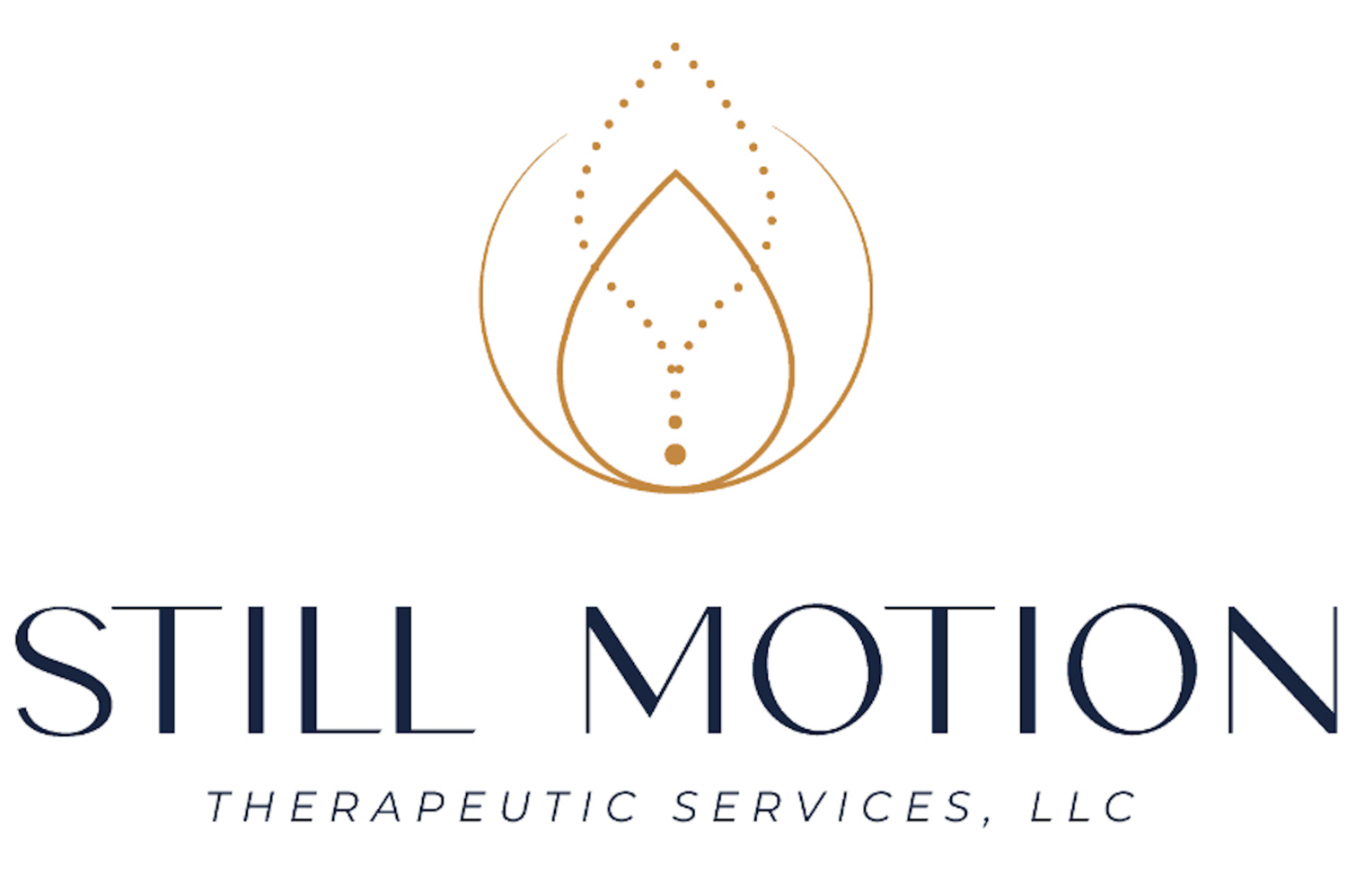Healthy Boundaries: Why They Matter and How to Set Them
/Have you ever said “yes” to something when you really wanted to say “no”? Or felt drained after spending time with someone, even if the interaction seemed “normal”? These experiences often point to boundaries that aren’t clearly defined.
Boundaries are essential for protecting your mental, emotional, and physical well-being. They allow you to maintain healthy relationships, prevent burnout, and honor your own needs. Setting and maintaining boundaries isn’t selfish—it’s an act of self-respect.
Read More







